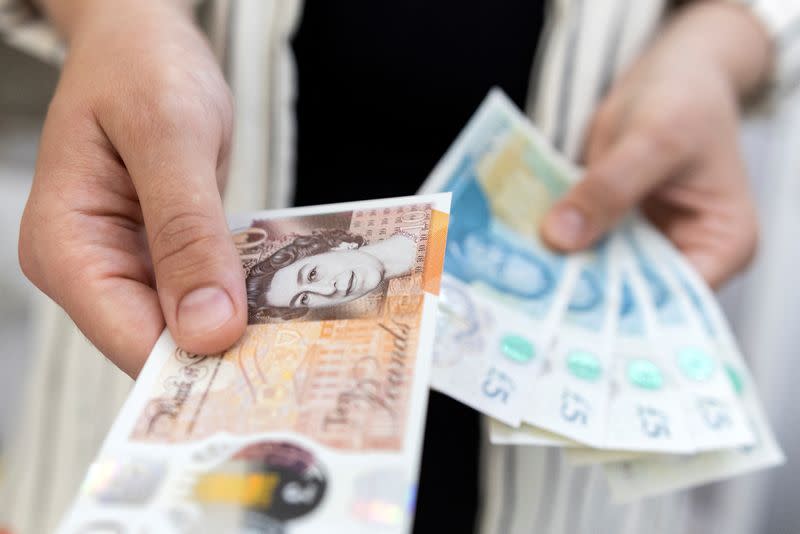UK plans to reimburse scam victims 'fundamentally flawed' - lawmakers

By Iain Withers
LONDON (Reuters) - Proposals to reimburse hundreds of millions of pounds to scam victims in Britain are "fundamentally flawed" and are taking too long to come into force, lawmakers said in a report published on Monday.
Banks will have to refund within 48 hours customers tricked into sending money to fraudsters under plans drawn up by watchdog the Payment Systems Regulator (PSR) unveiled in September.
So-called "authorised push payment" scams have become Britain's largest type of payment fraud and cost customers 583 million pounds ($715 million) in 2021.
Lawmakers on Britain's powerful Treasury Select Committee criticised the plans and said mandatory reimbursements should begin this year at the latest, and not as late as 2024.
The PSR's proposal for Pay.UK - which operates Britain's faster payments system - to handle reimbursements would lead to "inherent conflict of interest" as it is guaranteed by the financial services industry, the committee added.
"Putting an industry body in charge of reimbursing scam victims is like asking a fox to guard the henhouse," said Harriett Baldwin, chair of the Treasury committee.
The PSR said it would consider all feedback before publishing its final position in May this year, adding it regulated payment system operators including Pay.UK.
A Pay.UK spokesperson said its bank guarantors did not influence its decision-making. "Our governance model is approved and supervised by the Bank of England and the PSR to ensure our independence," the spokesperson added.
Some of the banks that would be affected by the new rule include HSBC, NatWest, Lloyds, Barclays, Santander UK and Virgin Money.
Lenders have long said they should not pick up the full bill for online fraud and that tech platforms exploited by criminals to lure victims should also pay up.
Bank lobby group UK Finance said a reimbursement model was necessary, but added "we need greater cross-sector action, including shared accountability for fraud prevention and reduction, to help tackle the threat at source."
($1 = 0.8159 pounds)
(Reporting by Iain Withers, Editing by Mark Potter)

 Yahoo News
Yahoo News 
